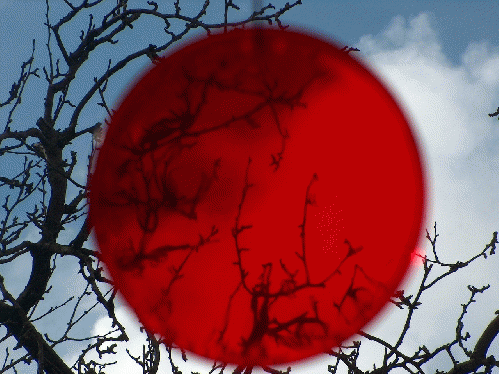This is a reprint from NewsBred.
India and China have suffered a massive chasm to their
ties in a matter of 72 hours that threatens the stability of Asia.
These 72 hours pertained to the visit of Japanese Prime Minister Shinzo Abe to India last week when the hosts were offered a bouquet of infrastructural, nuclear and military deals too mouth-watering to resist.
All these would've still been par for course but for that joint public announcement by the two Prime Ministers welcoming Japan's participation in the India-US Malabar exercises on a permanent basis to meet the "maritime challenges in the Indo-Pacific region."
It straightaway got China's goat who warned both India and Japan to "not provoke confrontation and create tension in the region."
China has long viewed Japan as a vassal of United States and its action being one of a puppet managed by its master. It sees a quadrilateral force of US-Japan-Australia-India now trying to ring and encircle it in the critical Pacific Ocean where it is engaged in disputes with Japan in East China Sea and with Vietnam, the Philippines and Malaysia among others in the South China Sea.
There is little doubt that US' "pivot to Asia" is aimed to curtail the growing might of China, the world's second largest economy, and what better way to do than to unleash Japan, world's third largest economy, and India, world's ninth largest economy, at the throat of the Middle Kingdom? And one must not forget the recent Trans Pacific Partnership (TPP), which serves the same purpose.
The readers at this stage would rightfully question why I offer the supposition that (a) Japan is a vassal state of United States; (b) India has finally hitched its wagon with the US-led cart ; and (c) India and China have grown irrevocably apart despite their cooperation in Asian Infrastructure Investment Bank (AIIB), BRICS, and SCO (albeit from next year).
There is also this critical subtext of Japan and China being irrevocable enemies, which deserves an explanation, but let me first throw light on the Malabar exercise issue.
Japan is not new in the US-India Malabar naval-drill exercise routine, which began in 1992. It took part in 2007, 2009 and 2014 but only as an invitee. Singapore and Australia too have taken part in this exercise, held in the Bay of Bengal, in the past. But now Japan would have a permanent presence, making it a trilateral US-Japan-India naval exercise.
Clearly, it's Japan's presence in the exercise that has touched a raw nerve in China. Thus I move to the first synthesis to the question that you might have in your mind:
Why China and Japan are so irrevocably hostile to each other
During the Second World War, while US threw its lot in Europe to counter the Axis threat of Germany and Italy, it was China's heroism that kept Japan pinned down in Asia before US mopped it up with the finality of the atomic strikes in Hiroshima and Nagasaki.
US and China would thus have been a natural ally and Japan a reviled enemy but for that twist to the tale--communism. As Mao wrested control from Chiang Kai-shek in China, the spectre of communism was in full bloom along with its presence in Soviet Union. The strategic location of Japan between the two Communist powers, made it absolutely priceless for United States.
For the next five decades, United States did everything it could to boost Japan as an economic power par excellence on the world stage. It tolerated Japan's structural economic protectionist preferences and allowed it a free way market in the United States even at the cost of hurting its own domestic industry.
(Note: You can view every article as one long page if you sign up as an Advocate Member, or higher).






